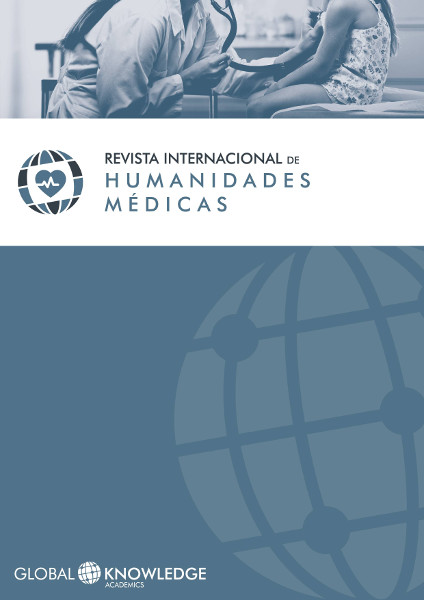The Concept of Disease and its Impact on the Epidemiological Research
DOI:
https://doi.org/10.37467/gka-revmedica.v4.850Keywords:
Health, Normality, Disease, ObjectivityAbstract
The issue of the scientific concepts and their definitions and how they implicated a specific form of in the development of scientific research inaugurates a series of important questions, particularly rich in the field of health. A review of the concept of disease began to question the sense of seeing disease exclusively from the objectivity which it is required in the scientific work. The scientific perspective assumes the disease as a separate entity from the analysis of social order and even individual, opens up debates both epistemological and methodological. In Mexico is intended to review and reflect on the contributions of philosophy of two important figures in the philosophy and the epistemological debate of social medicine: Georges Calguinhem and Michel Foucault. It is a reflection in order to open questions for discussion on the importance of philosophy in health research.
Global Statistics ℹ️
|
152
Views
|
653
Downloads
|
|
805
Total
|
|
References
Almeida Filho, N. (2000). La ciencia tímida. Ensayos de deconstrucción de la Epidemiología. Buenos Aires: Lugar Editorial.
Almeida Filho, N. (2007). Para una epidemiología con (más) números: cómo superar la falsa oposición cuantitativo cualitativo Salud colectiva. Lanús, 3 (3). Disponible en: <http://www.scielo.org.ar/scielo.php?script=sci_arttext&pid=S1851-82652007000300001&lng=es&nrm=iso>. accedido en 03 de marzo de 2014.
Consejo Superior de Archivo Histórico de la Secretaría de Salud (1896). Boletín del Consejo Superior de Salubridad, tomo II, número 4, 31 de Octubre de 1896.
Bacarlett, M.L. y Juventino R. (2007). Descartes desde Canguilhem: el mecanicismo y el concepto de reflejo. Ciencia Ergo Sum, 14 (2), pp.161-164.
Bacarlett, M.L., Juventino R. y Lechuga de la Cruz, (2009). Calguinhhem y Foucault, de la normatividad a la normalización. Ludus Vitalis, XVII (31), pp. 65-85.
Canguilhem, G. (1976). El conocimiento de la vida. Barcelona: Anagrama.
Canguilhem, G. (2004). Escritos sobre la medicina. Buenos Aires: Amorrortu.
Canguilhem, G. (2009). Lo normal y lo patológico. Siglo XXI: México.
Foucault, M. (1977). Historia de la medicalización. Educación médica y salud, 11 (1).
Foucault, M. (1983) El nacimiento de la clínica. Arqueología de la mirada médica. México: Siglo XXI.
Foucault, M. (2002). Historia de la sexualidad. 1 la voluntad del saber. México: Siglo XXI.
Foucault, M. (2006). Seguridad, territorio y población. México: FCE.
Foucault, M. (2007. La vida: la experiencia y la ciencia. Ensayos sobre biopolítica. Excesos de vida. Buenos Aires: Paidós.
Holland, W., Olsen, J. et al. (eds.). (2007). The development of modern epidemiology. Oxford: Oxford University Press.
Macherey, P. (1999): “Sobre una historia natural de las normas”, en Michel Foucault,Filósofo, Barcelona, Gedisa.
Parsons, T. (1999). El sistema social. Madrid: Alianza.
Susser, M. (1973). Judgment and causal inference. Criteria in epidemiologic studies. American Journal of Epidemiology, 105, pp. 1-15.
Weed, D. L. (1986). On the logic of causal inference. Am J Epidemiol, 123, pp. 965-979.
Taubes, G., Mann Ch. (1995). Epidemiology faces its limits. Science, 269, p. 164.
Downloads
Published
How to Cite
Issue
Section
License
Those authors who publish in this journal accept the following terms:
- Authors will keep the moral right of the work and they will transfer the commercial rights.
- After 1 year from publication, the work shall thereafter be open access online on our website, but will retain copyright.
- In the event that the authors wish to assign an Creative Commons (CC) license, they may request it by writing to administracion@edulab.es









